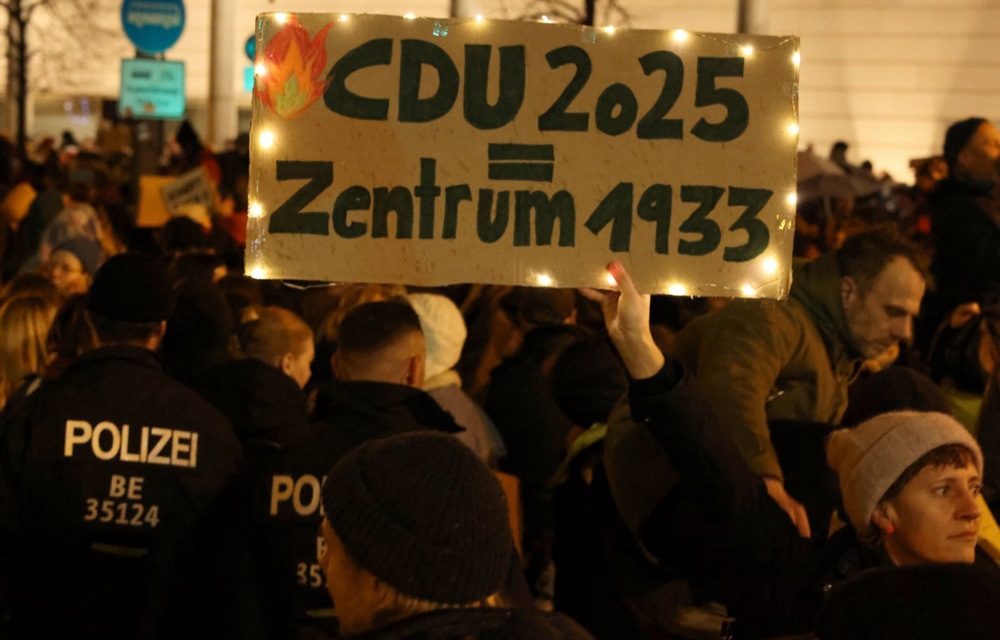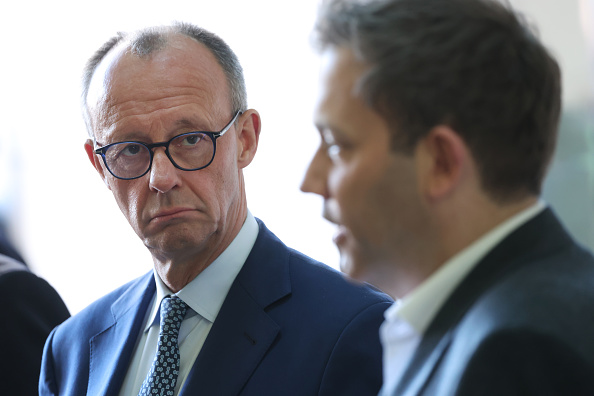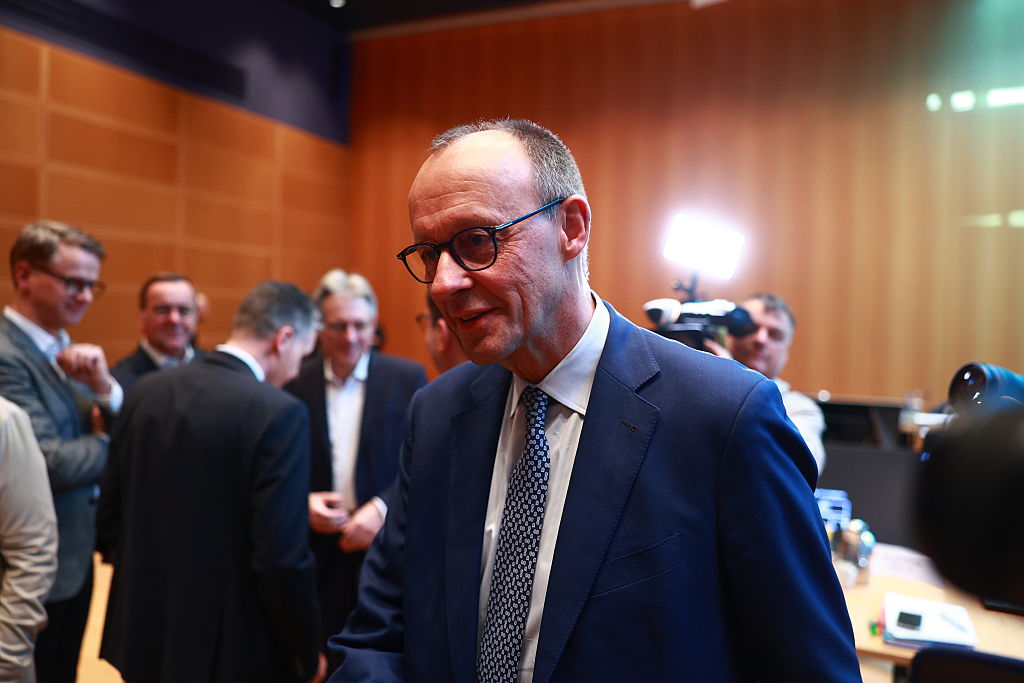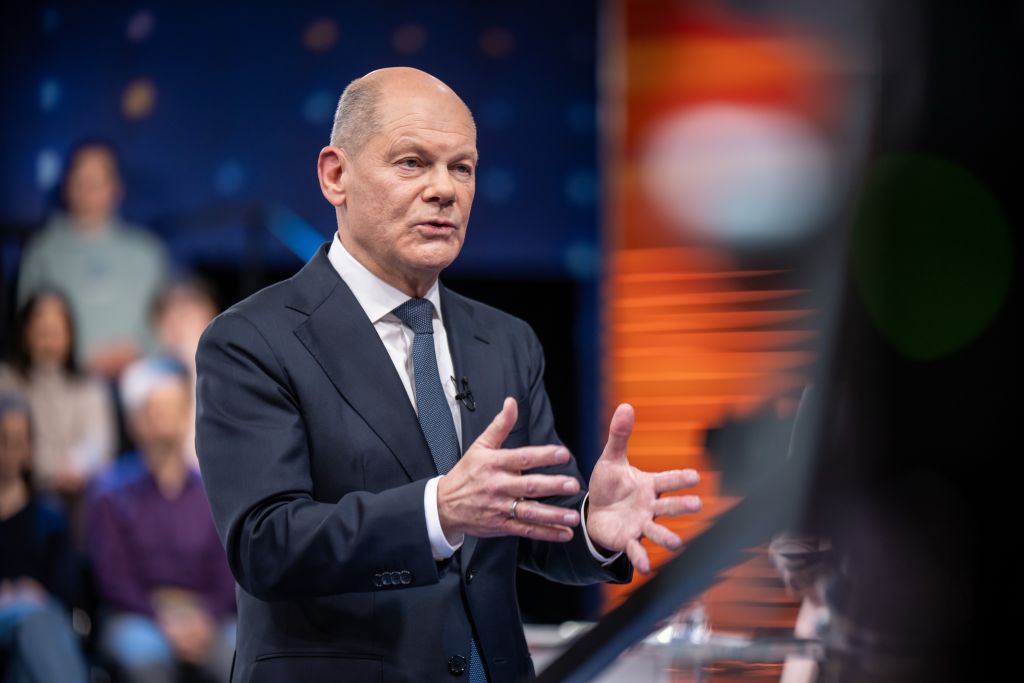Germany’s Bundestag President and Christian Democratic Union (CDU) MP Julia Klöckner has criticised the churches’ involvement in politics, sparking debate across the political spectrum.
She argued that churches should take a step back from political issues and refocus on their pastoral mission.
“When the church sometimes becomes too arbitrary or issues statements on current issues like an NGO and no longer focuses on the fundamental questions of life and death, then it unfortunately becomes interchangeable [with NGOs],” Klöckner said on April 20.
“I mean, sure, the church can also comment on a 130 km/h speed limit but I don’t necessarily pay church tax for that,” she added.
Klöckner’s remarks have exposed divisions within the CDU over the role of churches in German society.
Former chairman of the CDU’s Basic Values Commission, Andreas Rödder, told German media outlet The Pioneer on April 22: “Over the past decade, the churches have often spoken out with a moral rigor that has ignored what is truly politically realistic.
“In a certain sense, Pope Francis represented the left-green zeitgeist of the 2010s,” he added.
Dennis Radtke, head of the CDU’s social wing (CDA), had a different view.
“I find it extremely irritating that we assume the right to reprimand the churches and restrict their communication to supposed core tasks, as Julia Klöckner has done,” he said on April 21.
Nancy Faeser of Social Democratic Party (SPD), the acting interior minister, said on X. “‘I am glad that the churches in Germany are raising their voices for humanity and charity,” she wrote.
SPD member Ralf Stegner added: “Instead of the Easter-like, authoritarian rebuke, I would have liked my President of the German Bundestag to express special appreciation for the role of the churches.”
Britta Haßelmann, co-chair of the Green Party’s parliamentary group, spoke out in favour of politically active churches.
“Why shouldn’t the churches speak out about injustices in the world, humanity and humaneness, social cohesion and charity?” she told the Tagesspiegel on April 22, arguing that “these are existential questions of life”.
It was not the first time in recent months that the growing distance between the church, its lay representatives and the CDU has been apparent.
During the German parliamentary election in February 2025, the Central Committee of German Catholics (ZDK), which represents the concerns of Catholics in Germany, wrote to MPs to express concern as a draft law proposing several measures to tighten migration policy was under discussion in parliament.
Irme Stetter-Karp, ZDK’s President, declared on January 30 that the CDU/Christian Social Union (CSU) were crossing the boundaries of political culture, referring to the “influx limitation law” introduced by the CDU/CSU in the German parliament.
“The Union parliamentary group’s draft law, which it plans to introduce to the Bundestag … crosses the boundaries of political culture and at the same time solves no problems. It is a single anti-integration campaign,” stated ZDK president Irme Stetter-Karp at the time.
“[Chancellor-to-be] Friedrich Merz is thus breaking his promise not to focus on asylum and migration issues during the heated phase of the election campaign, so as not to give the AfD [Alternative for Germany] a boost. He is doing exactly the opposite,” he added.
In light of the ZDK’s stance, the CDU’s former defence minister Annegret Kramp-Karrenbauer left the group.
At the same time, the Catholic and Protestant churches have been struggling to make themselves heard in German society, where fewer than 50 per cent of citizens now identified as being affiliated with either institution.
According to the research group Weltanschauungen in Deutschland, atheists were now the largest group in Germany.
In its research paper published on April 2, the group revealed that, for the first time, the country had recorded more individuals without any religious affiliation, with 47 per cent of atheists, compared to 45 per cent of Catholics and Protestants.
In response to Klöckner’s criticism of the church in society, Thomas Schüller, a German theologian and public figure, stated that religious institutions had the constitutional right in Germany to freely express themselves, including on political and social issues.
“This religiously motivated involvement in political and societal discourse is, under the Constitution …not subject to any content-based prohibitions that politicians might attempt to impose on churches and religious communities,” he wrote on April 9 on social media.
“Such prohibitions would not be constitutional,” he added.
According to him, religions were allowed to become involved in the political life as they had a “prophetic mission”.
“Religion is always an interruption of supposed worldly plausibilities. Anyone who is disturbed by this has understood neither religion nor the Constitution,” he said.





